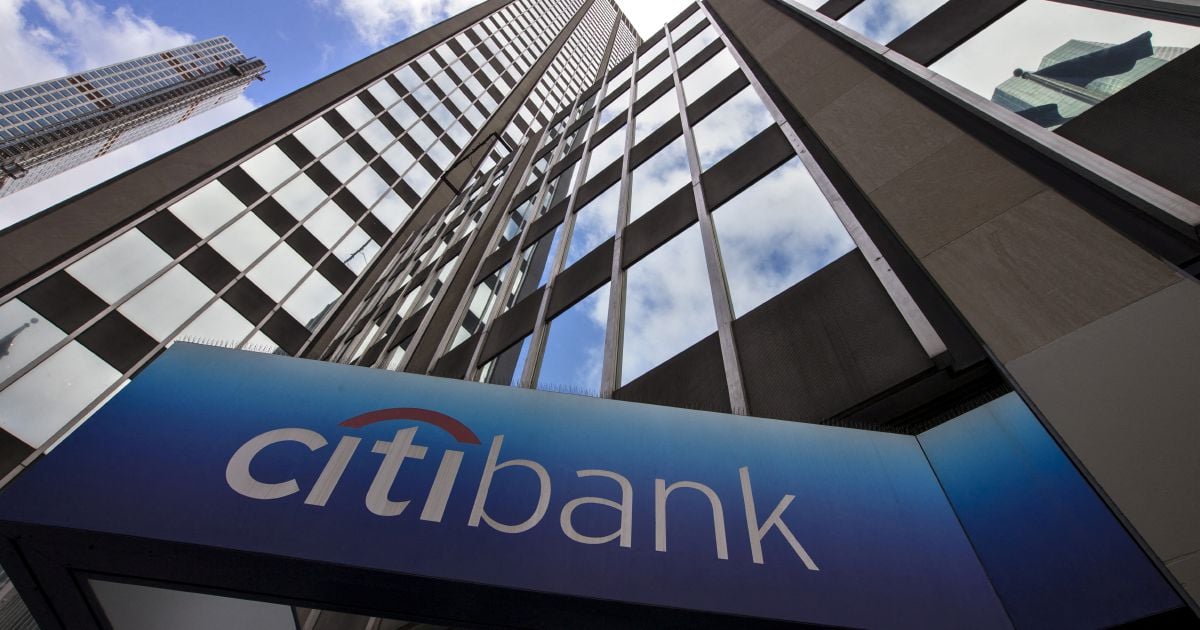




In a significant movement against fossil fuel financing, faith-based environmental groups have joined the Summer of Heat campaign, which has seen over 40 protests at Citigroup's headquarters in Lower Manhattan. These protests are aimed at holding the bank accountable for its investments in fossil fuels, as Citigroup has become the second-largest funder of oil, coal, and gas projects globally, despite pledging to reach net-zero carbon emissions by 2050. Activists argue that the bank's actions contradict its sustainability commitments, prompting moral concerns among faith groups that bank with Citi.
In mid-September, Val Smith, Citigroup's chief sustainability officer, met with four religious environmental activists to discuss the bank's fossil fuel investments. Fletcher Harper, director of GreenFaith, emphasized the importance of identifying faith groups banking with Citigroup who may reconsider their relationships due to these moral dilemmas. The protests have been part of a broader effort to pressure financial institutions to divest from fossil fuels, which activists view as a sacred duty to protect the environment and uphold their values.
Ben Jealous, in a recent commentary, argues that there is no moral justification for fossil fuels, highlighting the climate crisis as a significant threat to human life and health. He criticizes the claims made by figures like Chris Wright and Vivek Ramaswamy, labeling their assertions that fossil fuels are virtuous as dishonest. Jealous emphasizes that clean energy not only creates better jobs but is also more affordable, reinforcing the economic benefits of transitioning away from fossil fuels. He references a false claim by Ramaswamy regarding climate change policies causing more deaths than climate change itself, which was fact-checked by The New York Times. Jealous calls for a moral imperative to transition to renewable energy, citing biblical stewardship of the Earth as a guiding principle. [9c76dffa]
The ongoing protests at Citi's headquarters are part of a larger narrative surrounding the COP28 climate conference in Dubai, where world leaders have reached a nonbinding agreement encouraging a transition away from fossil fuels. Critics of the agreement argue that it lacks the necessary ambition to effectively combat climate change, highlighting the need for stronger commitments from financial institutions like Citigroup to support a low-carbon economy. As the climate crisis intensifies, the role of financial institutions in funding fossil fuel projects has come under increasing scrutiny, with activists advocating for a shift towards sustainable investments.
The Summer of Heat campaign, which has garnered significant attention, aims to raise awareness about the detrimental impacts of fossil fuel financing on climate change. With nearly 600 arrests reported during protests and sit-ins, the movement reflects a growing urgency among activists to demand accountability from banks and corporations involved in polluting energy projects. The UN has labeled heat as a 'new epidemic,' underscoring the critical need for immediate action to address climate change and its far-reaching consequences.
As faith-based groups continue to mobilize against Citigroup's fossil fuel financing, the intersection of environmental activism and moral responsibility is becoming increasingly prominent in the fight for climate justice. The coalition of activists is determined to keep the pressure on financial institutions, advocating for a future that prioritizes sustainability and ethical investment practices. [2a7a8904] [1472f066] [264028e1] [4b70147d]